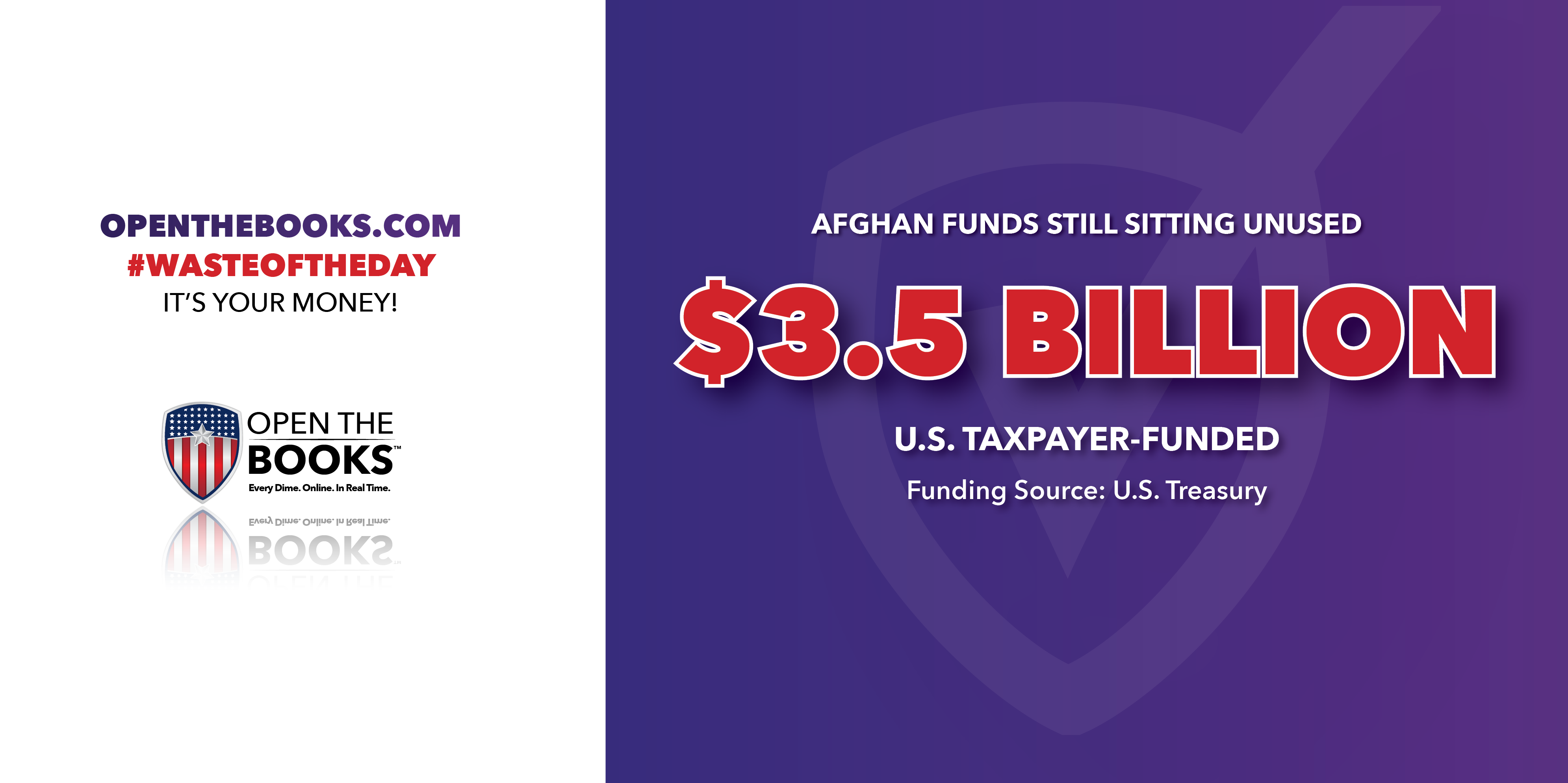When Afghanistan fell in 2021, the U.S. Treasury seized $7 billion from Afghanistan’s central bank in a show of disapproval for the new Taliban government. Half of the funds were immediately sent back to America and given to 9/11 victims’ families. The other $3.5 billion, though, is locked up indefinitely in a Swiss investment fund to benefit the Afghan people.

According to The Wall Street Journal, the money in the fund is intended to benefit the Afghan people without directly funding the Taliban government. The U.S. is partially using the funds as leverage to encourage the Taliban to abandon illiberal policies, with promises of unfreezing the funds when they do. Until then, it will continue to sit in a fund at the Bank of International Settlements in Basel, Switzerland.
Unfreezing the funds, however, is a complicated process. Currently, four individual trustees govern the fund, including two Afghans, one Swiss, and one American, and must unanimously agree on a use for the funds for them to be unfrozen.
To gain approval to unfreeze the funds, American officials want the Afghan Central Bank to show independence from the Taliban, and to counter money laundering and terrorism financing. Unfortunately, reforms are unlikely to come anytime soon, as the bank recently appointed an alleged terrorist financier to deputy chief of the bank. This financier is blacklisted by the U.S., European Union, and the United Nations.
There’s plenty of reasonable discourse on how America should balance aiding impoverished Afghan citizens without funding the Taliban. But it shouldn’t be controversial to take back the $3.5 billion, then distribute it as aid at a later date when the government sees fit. Letting it sit in a Swiss bank isn’t helping anyone.
The #WasteOfTheDay is brought to you by the forensic auditors at OpenTheBooks.com





